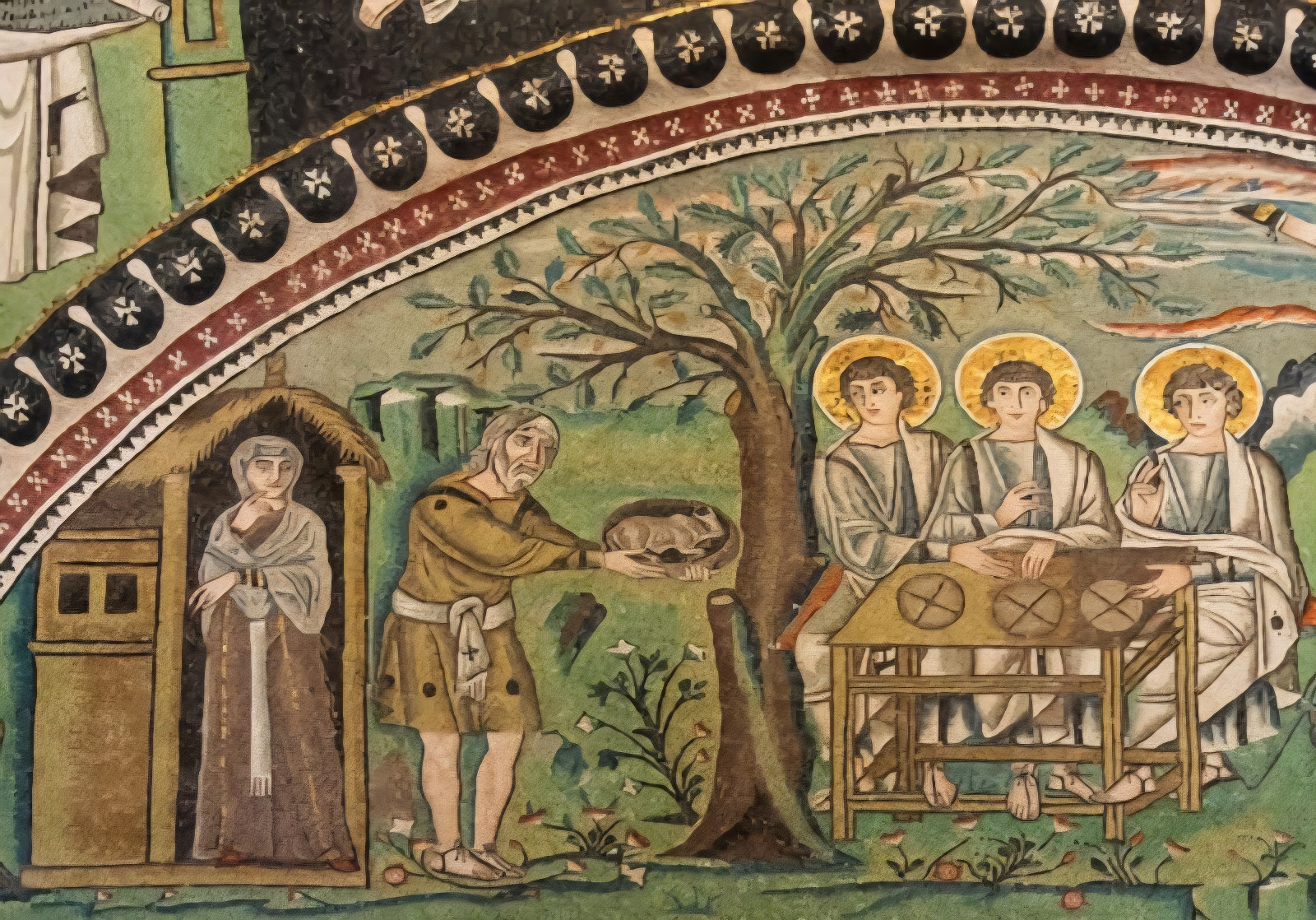Sunday’s lection is about welcoming children. To welcome a child is to welcome Jesus. Do we really welcome children?
25,000 children, aged 5 and younger, die every day from hunger. 10,000 die daily from diarrhea. Close to a billion people, mostly girls, cannot read or write. Up to 800,000 million women, mostly young girls, spend up to 20 hours a day looking for safe water. We all know the antidote for hunger. It’s food. The antidote for diarrhea? Safe water.
The United Nations and related organizations tell us that we need 666 billion dollars to address hunger, poverty, basic education, health care, food security, water, and sanitation worldwide. Tragically, the world would rather spend 2,400 billion dollars, just for 2023, on weapons of mass destruction than welcome children.
My dear friends, we need to repent. We have failed miserably. We need to ask God for forgiveness. We have forgotten what welcoming Jesus requires. We need to welcome widows, orphans, and strangers. We need to welcome those whose only hope is God. We need to welcome the nobodies. We need to welcome the unwelcomed.
We need to welcome children.
Because only then do we get to welcome Jesus.
*art, "Jesus welcomes the Children" (JESUS MAFA 1973, Cameroon), from the vanderbilt divinity library art collection.












.jpg)




